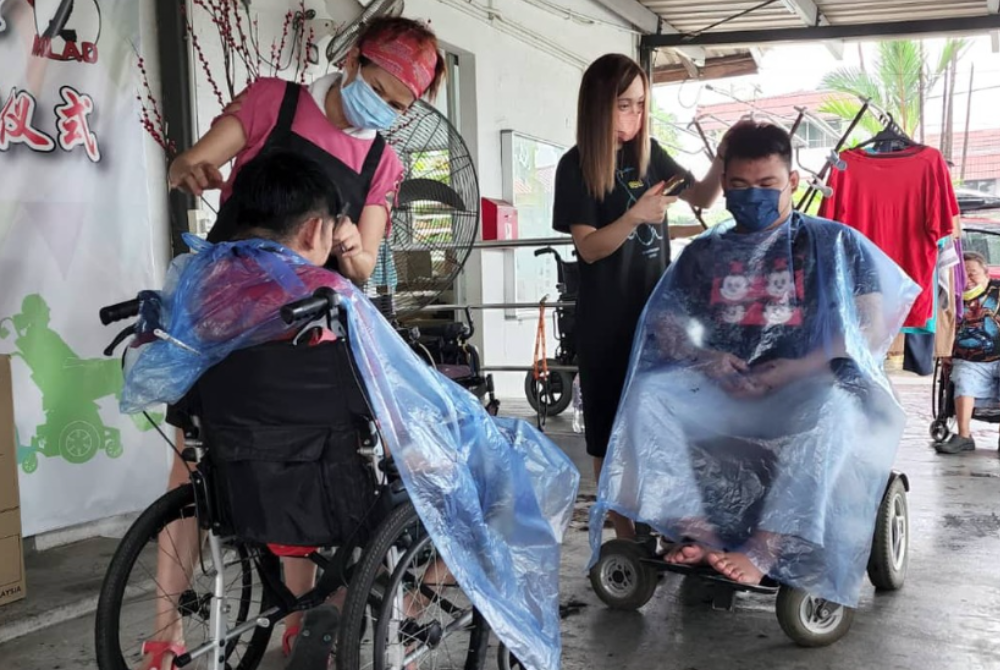More centres needed to empower persons with disabilities - NGO
Association helps PwDs achieve true independence

SHAH ALAM - The Malaysia Independent Living Association for Disabled (Milad) is calling for the creation of more centres that cater to the diverse needs of people with disabilities (PwDs).
Milad believed these centres are crucial for promoting independence among PwDs.
Its president Sia Siew Chin said a multifaceted approach is necessary. Ideally, these centres would offer a range of services including:
- Residential care for those who need it.
- Day care services.
- Psychotherapy and skills training to help PwDs become more independent.
"We can generally divide them into three kinds. Firstly, providing accommodation for those who require a residential setting. Secondly, offering day care services, and thirdly, providing psychotherapy and training to equip individuals with the skills needed for independence," she told Sinar Daily when contacted.
True independence, Sia said, goes beyond just physical ability.
It also includes emotional and financial independence.
"It's about enabling individuals to make their own choices, decisions, and take responsibility for their lives," she said.
She said Milad wants to empower PwDs to make their own choices, manage their lives, and be self-sufficient.
While training is important, Sia acknowledged that some PwDs still struggle.
"They may lack confidence in decision-making and may not know how to handle daily activities or responsibilities," Sia added.
Acknowledging the vital role of government support in facilitating independence, Sia commended recent efforts to establish six independent centres with government assistance.
She urged for a constituency-based approach, suggesting that each constituency should ideally have its own independent centre to cater to local needs effectively.
Reflecting on the impact of their initiatives, Sia shared heartening success stories.
"More than 200 PwDs, including those with physical and visual impairments, have been trained in thinking independently.
"However, our efforts extend beyond training...We also assist those who aspire to live independently within their communities," she said.
Sia further detailed the comprehensive support provided, including assistance in finding suitable housing, covering initial rental costs, furnishing accommodations, and facilitating job placements.
"Many of the individuals we assist have limited education and significant disabilities.
"Yet, through our support, some have even ventured into small businesses, leveraging social media platforms," she noted.
As Milad continues its advocacy and support initiatives, Sia remains steadfast in her commitment to fostering independence and inclusion for all persons with disabilities.
"Our goal is not just to support individuals with disabilities but to empower them to lead fulfilling and self-directed lives," she said.
According to the latest statistics, among the main assistance provided by the Social Welfare Department (JKM) are PwD worker allowance, assistance for PwDs incapable of work, assistance for the care of bedridden PwD or chronically ill patients, and artificial or assistive devices.
The highest number and total assistance provided by JKM is the PwD worker allowance with 97,915 recipients and total assistance of RM517,704 thousand in 2022 as compared to 93,331 recipients and total assistance of RM495,289 thousand in the previous year.











